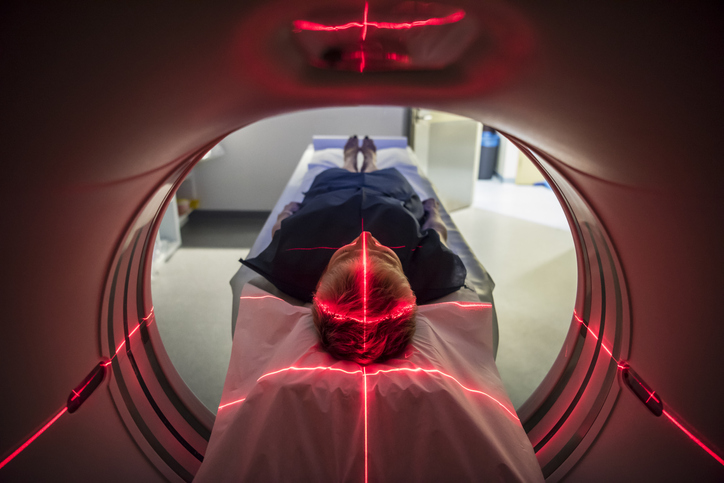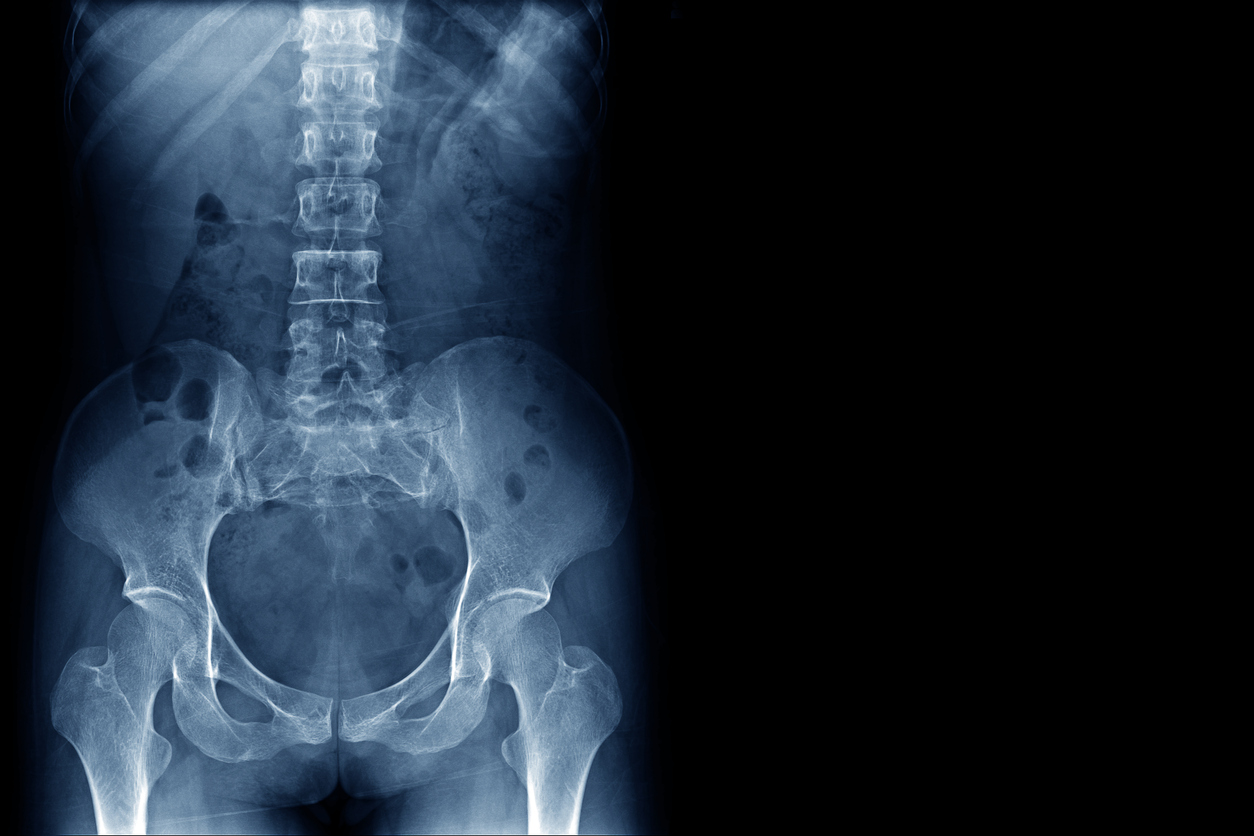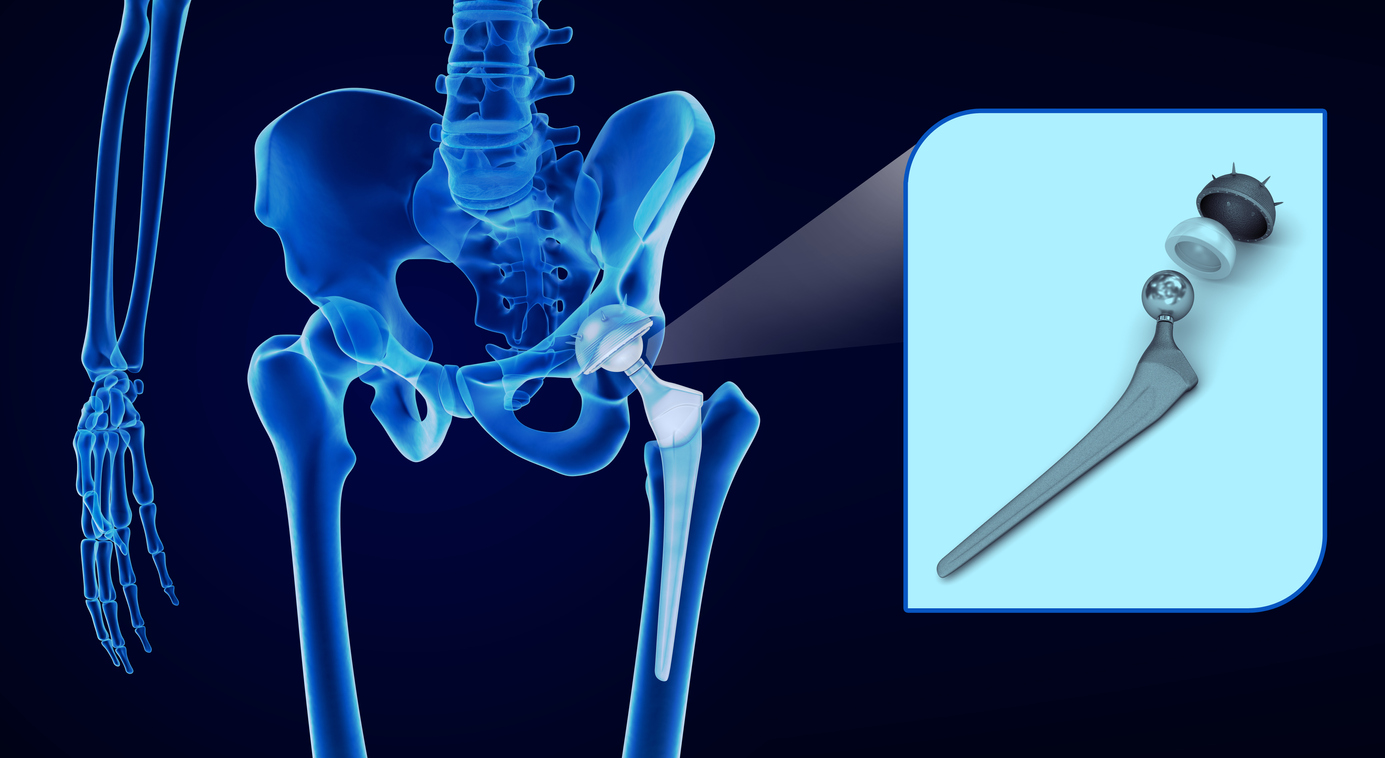Wellness
Smoking and Surgery

Before any type of surgery, individuals who smoke cigarettes, including e-cigarettes, are strongly encouraged to quit smoking. Quitting the habit of smoking leads to better surgical outcomes and easier recovery.
Smoking and surgical complications
Smokers may experience complications during and after surgery due to smoking:
- The habit of smoking complicates anesthesia. Since smoke compromises lung tissue, it is more difficult for an anesthesiologist to maintain a smoker’s breathing during surgery. Smokers are also at a higher risk of having a heart attack or stroke during or after surgery.
- Smokers are at a higher risk of developing blood clots in the legs after surgery in comparison to non-smokers. Smokers are also more likely to develop pneumonia or die after surgery than non-smokers.
- Smoking reduces the amount of oxygen in the blood; oxygen replenishes the cells in the body, including those at the site of the surgical wound. Reduced oxygen in the blood results in slower healing and increases the risk of infection. Toxins in the blood of smokers also compromise the healing process.
Smoking and back surgery
Quitting the habit of smoking is particularly important in the case of back surgery. Smoking not only increases back pain but also accelerates degenerative disc disease. It reduces blood flow to the discs that cushion the spine and absorb shock from movement.
Nicotine inhibits bone healing. If a smoker continues the habit before or after spinal fusion surgery, the bones may fail to fuse. Health care professionals recommend that smokers who are having spinal surgery stop smoking approximately eight weeks prior to surgery and abstain for at least six weeks after surgery.
Benefits of quitting smoking
Quitting the habit of smoking at least a year before surgery is beneficial even if an individual has smoked for a long time. Smokers are 53 percent more likely to experience serious heart and lung problems and 17 percent more likely to die after surgery than former smokers. Studies also show that former smokers do not have an increased risk of death in comparison to non-smokers.
While quitting the habit of smoking always has health benefits, these benefits are even more significant when undergoing surgery.















